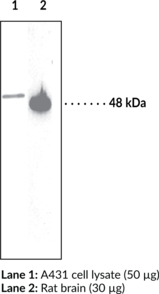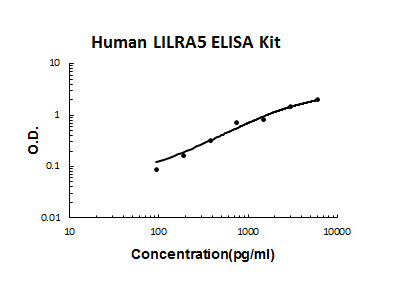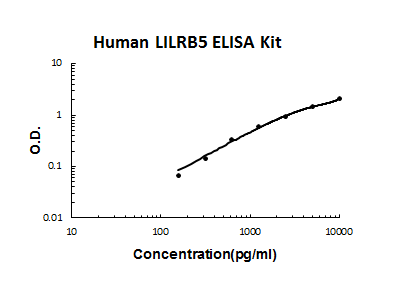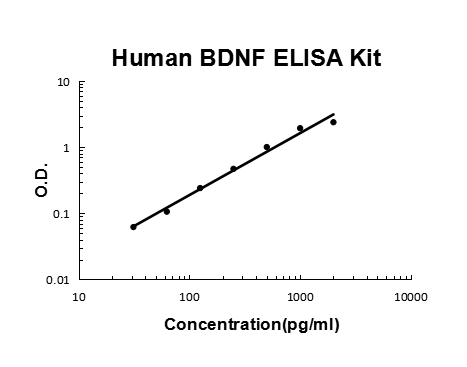Description
Immunogen: Peptide from the internal region of human PTEN • Host: Rabbit • Species Reactivity: (+) Human, mouse, rat • Cross Reactivity: (+)-PTEN • Applications: IHC, WB
Synonyms: MMAC1|Mutated in Multiple Advanced Cancers 1|Phosphatidylinositol-(3,4,5)-Triphosphate 3-Phosphatase and Dual-specificity Protein Phosphatase|TEP1
Immunogen: Peptide from the internal region of human PTEN
Formulation: 500 µl of peptide affinity-purifed IgG
Isotype:
Applications: IHC and WB
Origin: Animal/Rabbit
Stability: 365 days
Application|Immunohistochemistry||Application|Western Blot||Product Type|Antibodies|Polyclonal Antibodies||Research Area|Cancer|Cell Death|Apoptosis||Research Area|Cancer|Cell Migration & Metastasis||Research Area|Cancer|Cell Signaling|PI3K/Akt/mTOR Signaling||Research Area|Cell Biology|Cell Death|Apoptosis||Research Area|Cell Biology|Cell Signaling|PI3K/Akt/mTOR Signaling||Research Area|Neuroscience




